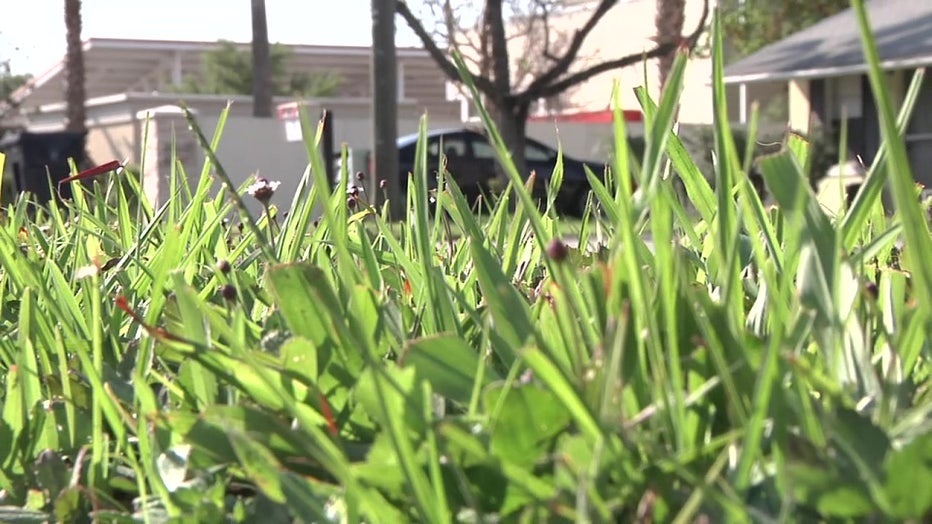Florida's allergy season kicks off early, causing symptom confusion amid global pandemic

Allergy season comes early in Florida
Cars covered in a film of yellow green show the signs that oak trees around Florida have begun to shed pollen, but the symptoms could cause confusion as COVID-19, flu, and the common cold go around.
TAMPA, Fla. - Your runny nose and scratchy throat could be early signs of COVID-19. However, it could also be a cold, or the flu, or seasonal allergies. All these ailments have overlapping symptoms, and it can be hard to decipher what is causing them.
You can blame the warm weather we had in December for kicking off the region’s allergy season earlier than usual. The mild temperatures caused the trees to start blooming.
"We see significant pollination with the main trees in Tampa Bay area, which tend to be Oak and Cedar and Cypress," explained USF Associate Professor or Allergy and Immunology, Dr. Farnaz Tabatabaian.
"We have probably one of the most severe allergy seasons of any place in the world here because of the 11 different species of Oak trees that we have that bloom commonly one after the other," Dr. Richard Lockey, Director of the USF Division of Allergy and Immunology said.
The allergy forecast on pollen.com shows medium-high levels in our region over the next five-days. All of those particles and dust from the tree pollens are blowing around in the air making you congested and wheezy. Local allergists tell us they started getting calls from patients back in December.

How to tell the different between the cold and COVID
If you have the sniffles, a cough or a slight headache, it can be difficult to decipher whether you have a cold or COVID-19 since symptoms overlap. One Tampa doctor gives some advice on how to tell the difference and when its best to get tested for COVID-19.
"It will definitely get worse over the next few weeks and probably peak about in the February, early March and then start to tail off at the end of March," said Lockey.
This early allergy season overlaps with the surge in omicron cases. Experts say it can be tough to differentiate between the two, especially of you suffer from allergies.
"If they wake up one morning and they're more congested and then before they might say, oh, it's just my allergies and go to work," said Tabatabaian.

But there are some differences you should pay attention to. If you have any doubts or questions, doctors recommend going and getting tested for COVID.
"COVID will give you a fever, it'll give you the lower back pain, and it'll give you a much more fatigue than the than your standard seasonal allergies," explained Dr. Thomas Unnasch, USF College of Public Health Distinguished Professor.
If you do have allergies, doctors say there is no reason to suffer through your symptoms. You can get over the counter medication, or see a specialist.

